Essex-based Digital Marketing Agency providing services like SEO, Content Marketing, Social Media Management, Web Design & Development, Video Editing, Branding, UI/UX & Email Marketing
WEB
Development
Marketing Services
Graphic Design
Packages
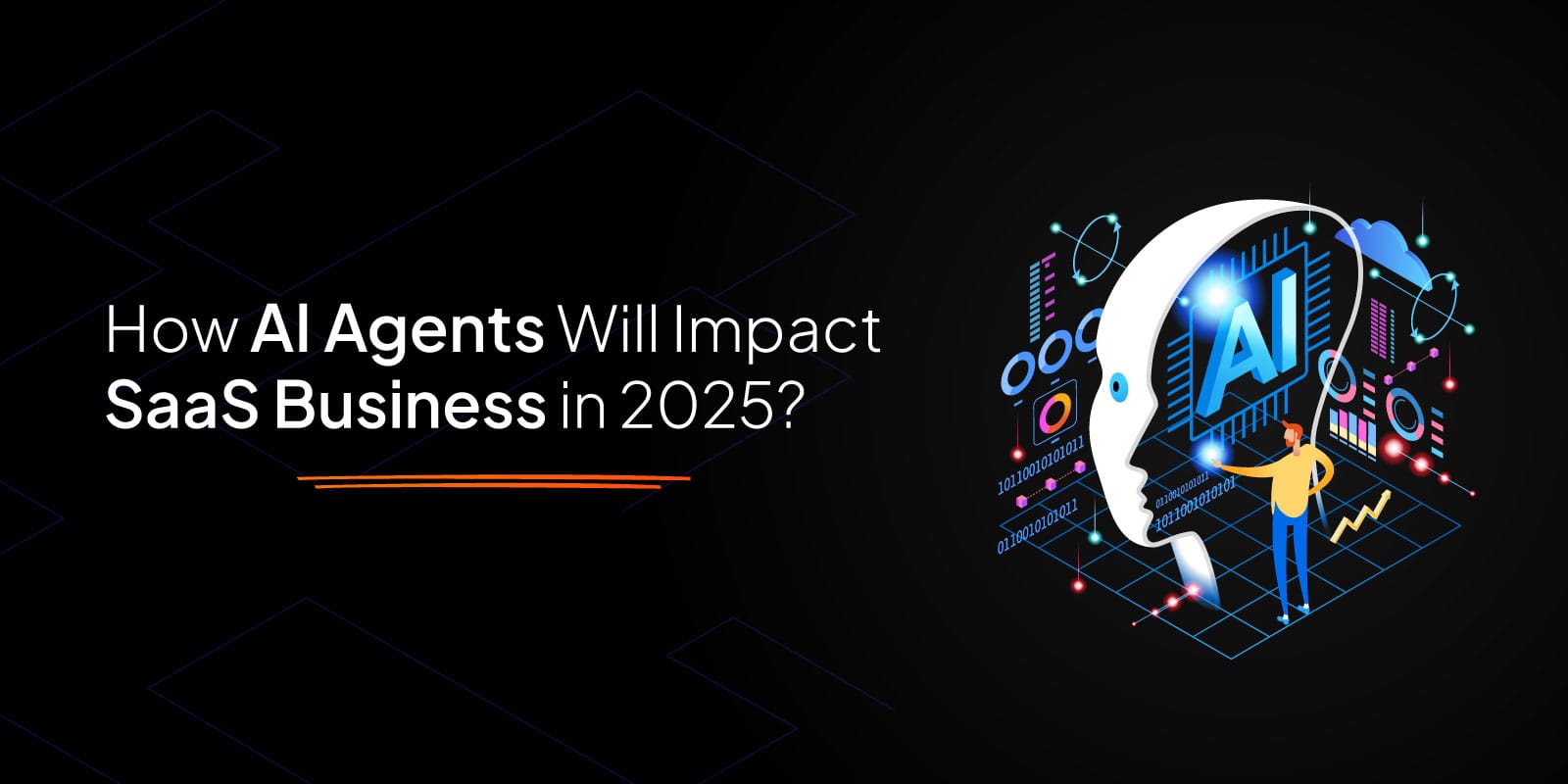
Remember the golden days of SaaS? Build a product, solve a pain point, set up subscriptions and suddenly, you had recurring revenue flowing in. The model felt untouchable. But today, AI agents are rewriting the rules.
Now users don’t want “one more login.” They don’t want dashboards, endless feature tours, or yet another subscription fee quietly stacking up on their credit card.
Instead, they’re talking to AI assistants.
“Book me the cheapest flight with Wi-Fi.”
“Send a follow-up to the leads who opened yesterday’s email.”
“Summarise this week’s customer feedback and suggest next steps.”
And those tasks used to belong to SaaS products.
That marketing platform you spent years perfecting? Your user’s AI agent can now handle it in seconds without opening your app. When users prefer agents over apps, how does SaaS stay relevant?
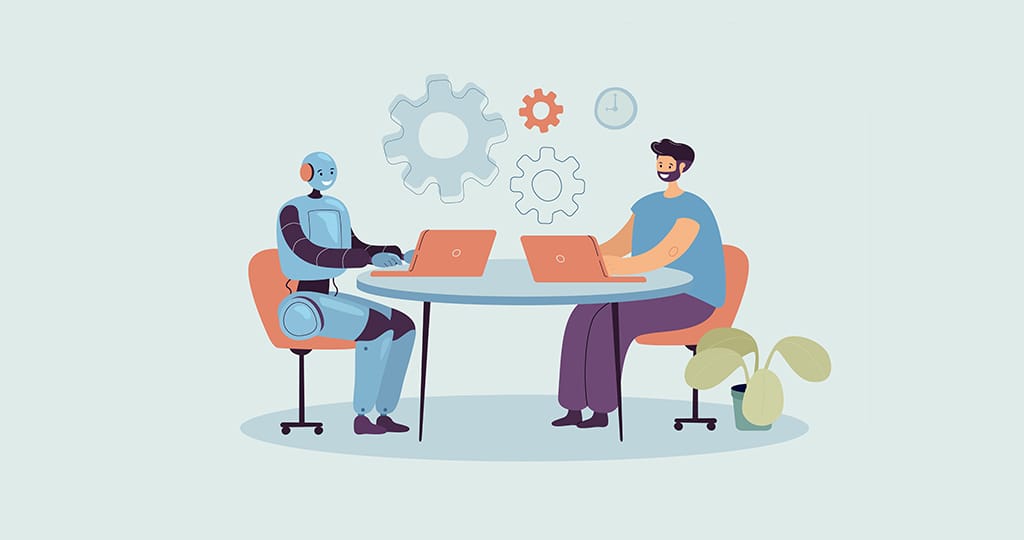 AI agents are more than smart assistants, they’re autonomous problem-solvers. Unlike traditional software users who log in, click around, and explore features, AI assistants act on behalf of the user. They make decisions, automate workflows, and even choose which tools to use without human intervention.
AI agents are more than smart assistants, they’re autonomous problem-solvers. Unlike traditional software users who log in, click around, and explore features, AI assistants act on behalf of the user. They make decisions, automate workflows, and even choose which tools to use without human intervention.
This matters for your SaaS business because users may rely on AI assistants instead of opening your app at all. That means:
AI assistants don’t replace your product entirely, but they change how people use it. If your SaaS is not ready, it could become just another background tool that users don’t notice.
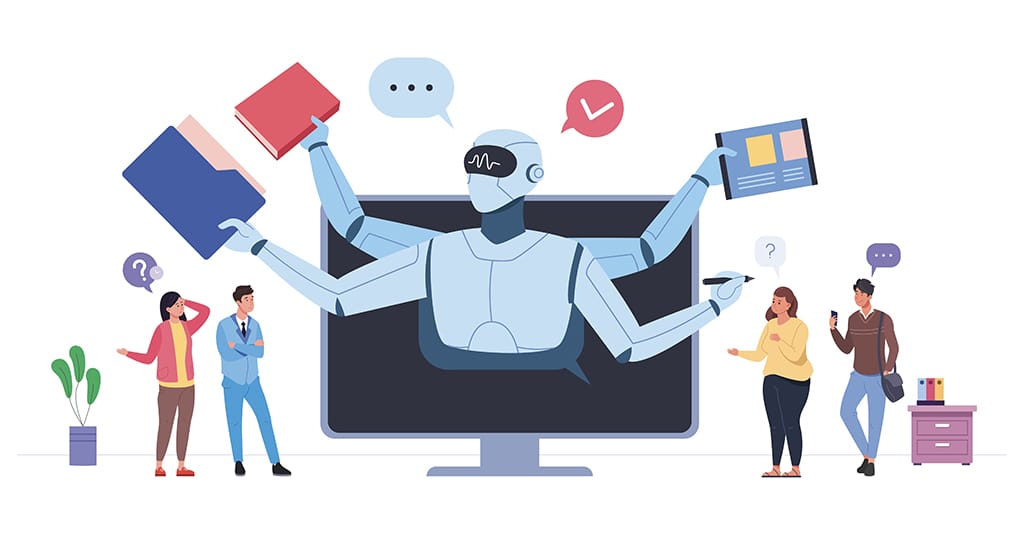 As AI assistants take over more tasks, SaaS companies face hidden risks that can’t be ignored.
As AI assistants take over more tasks, SaaS companies face hidden risks that can’t be ignored.
SaaS founders need to recognise these less obvious threats. The companies that anticipate these shifts and adjust their product strategy early will maintain relevance.
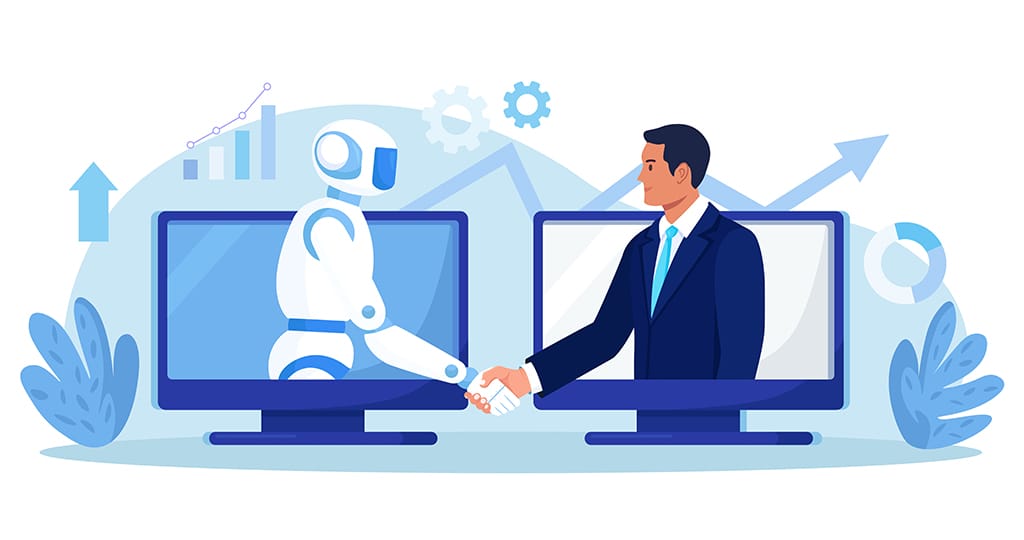 SaaS actually has an incredible opportunity, if it positions itself as the backbone of AI.
SaaS actually has an incredible opportunity, if it positions itself as the backbone of AI.
Build agent-friendly SaaS: Make sure your product has strong APIs and automation hooks. AI agents rely on reliable tools to get work done, and if your SaaS integrates smoothly, it becomes essential to their workflow.
By adapting in these ways, SaaS can not only survive the AI wave, it can thrive, becoming the essential platform that AI assistants depend on.
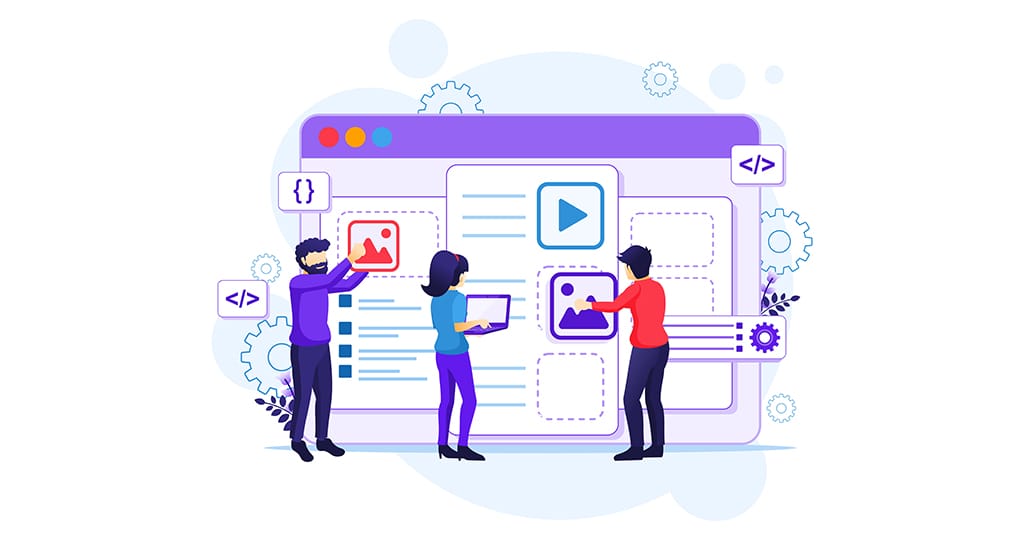 Even if your SaaS has the perfect AI-ready product, customers still need to find, trust, and adopt it. And that’s getting harder in an AI-driven landscape:
Even if your SaaS has the perfect AI-ready product, customers still need to find, trust, and adopt it. And that’s getting harder in an AI-driven landscape:
That’s why SaaS brands still need a strong digital marketing agency. Not just for website design, but for SEO, social media and customer trust-building.
Unified Web Services, a top digital marketing agency in Essex understands this shift helps SaaS founders to adapt.
Here’s how:
Unified Web Services helps you transform AI-driven change into a competitive advantage.
So, can SaaS survive the rise of AI agents? The answer is yes, but not without evolution.
SaaS is evolving into the foundation that AI relies on. Those who position themselves here will prosper; those who resist change will fade.
The key is maintaining balance by building AI-ready products while ensuring your brand remains visible, trusted and competitive.
And that’s where a partner like Unified Web Services becomes essential. SaaS may power AI, but it’s your brand visibility and digital presence that will decide if customers still choose you.
Transform AI disruption into opportunity. Let Unified Web Services help your SaaS thrive and stand out.